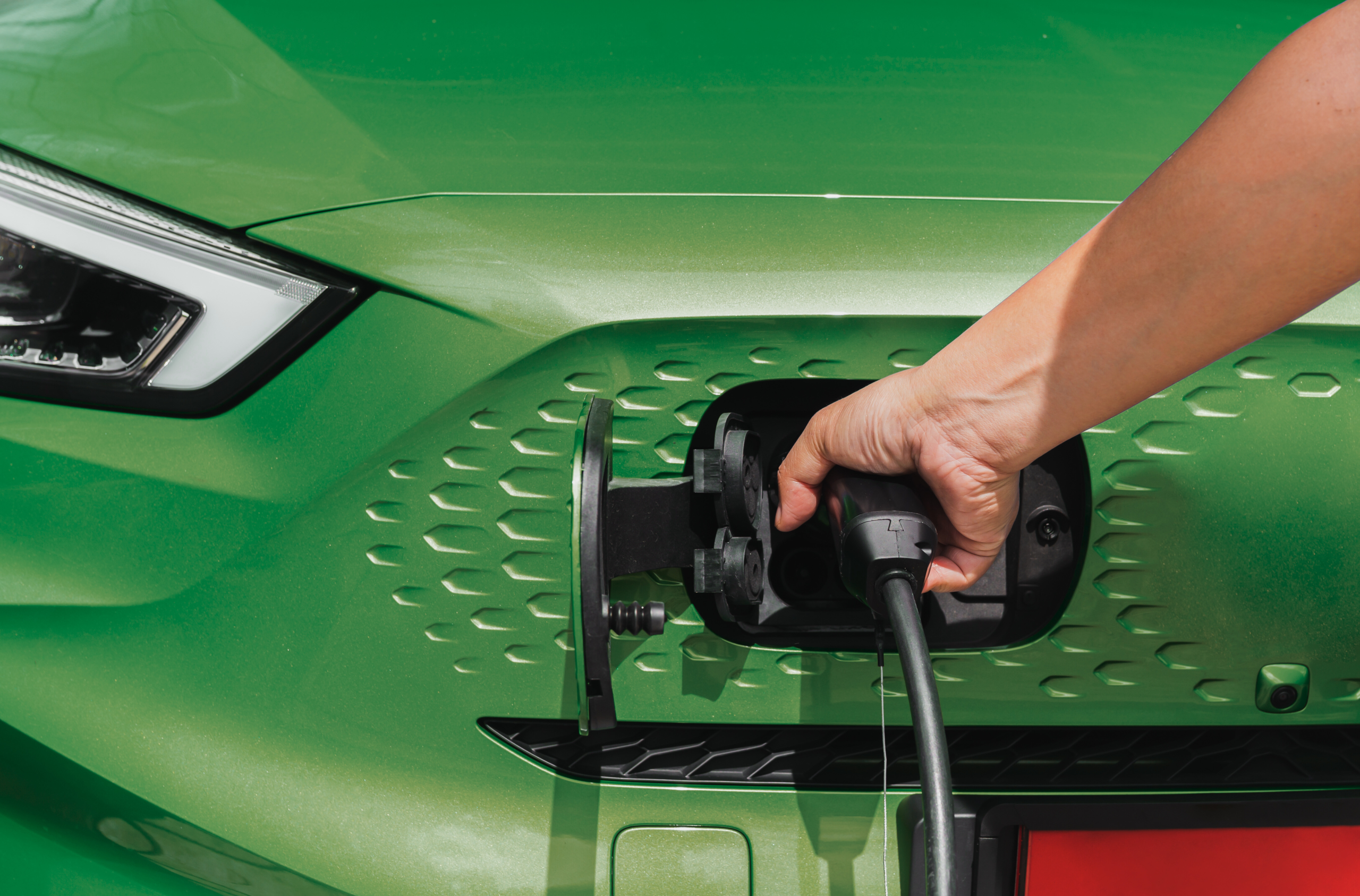From Waste to Resource: The Role of Recycling in EV Production

By 2030, end-of-life EV batteries are expected to total 15 million metric tons globally, presenting both an environmental challenge and a significant resource opportunity.
Sustainable and High-Performance Battery Recycling
Early battery recycling relied on pyrometallurgy, smelting batteries at high temperatures. While effective in recovering some metals, this method consumes significant energy, loses lithium to slag, produces harmful emissions, and results in downcycled materials.
At Recyclus Group, our recycling process combines advanced mechanical separation and shredding with precision chemical recovery, providing a safe, efficient, and environmentally responsible solution for lithium-ion batteries.
Batteries are shredded in a dry state under an inert nitrogen atmosphere, reducing oxidation risks and enhancing safety. A vacuum dryer captures and recovers electrolyte for further processing. Precision screening technology then isolates black mass particles, while sophisticated separation systems efficiently recover ferrous metals, non-ferrous metals, and polymers.
Designed for minimal environmental impact, the process produces low gas and particulate emissions and operates with reduced energy consumption. Unlike conventional methods, our approach eliminates the need for hydro or pyro pre-treatment, offering a more sustainable and efficient alternative for battery recycling.
Strategic De-Manufacturing: How It Works
Recycling is most effective when it mirrors a battery’s production in reverse, a method known as strategic de-manufacturing:
1. Discharge and Disassembly: Safely neutralising battery packs
2. Mechanical Separation: Separating casings, connectors, and electronic components
3. Material Classification: Sorting by type and composition
4. Chemical Processing: Dissolving and separating elements
5. Material Refinement: Purifying to battery-grade specifications
6. Quality Certification: Testing against strict battery standards
This method produces higher recovery rates, superior material quality, and lower overall costs than bulk processing approaches.
The Advantages of Recycled Materials
Recycled metals are chemically identical to virgin materials. Lithium, nickel, cobalt, and manganese maintain their fundamental properties, ensuring that recycled materials meet or exceed battery specifications.
Urban mining also provides clear economic benefits:
Aspect Traditional Mining Recycling / Urban Mining
Material Concentration 0.5–3% lithium in ore 3–7% lithium in batteries
Energy Requirements 50–150 GJ/ton lithium 5–25 GJ/ton lithium
Land Disruption Significant Zero
Transportation Global supply chains Local processing
These efficiencies translate to cost-effective, sustainable production of battery-grade materials.
How Recyclus Group is Leading the Way
Recyclus Group has been operational at industrial scale since July 2023, processing significant volumes of end-of-life lithium-ion batteries. Our proprietary LiBox and Discharge and Dismantle Unit allow safe, compliant recycling and recovery across automotive, BESS, insurance, and defence sectors.
By integrating advanced recycling technologies, Recyclus ensures that critical materials are returned to the supply chain efficiently, safely, and sustainably.
Closing the Loop on EV Production
Battery recycling is essential to the future of EV manufacturing. Through strategic recycling and resource recovery, Recyclus Group is helping build a resilient, circular battery ecosystem, ensuring that the EV revolution is both environmentally responsible and economically viable.
